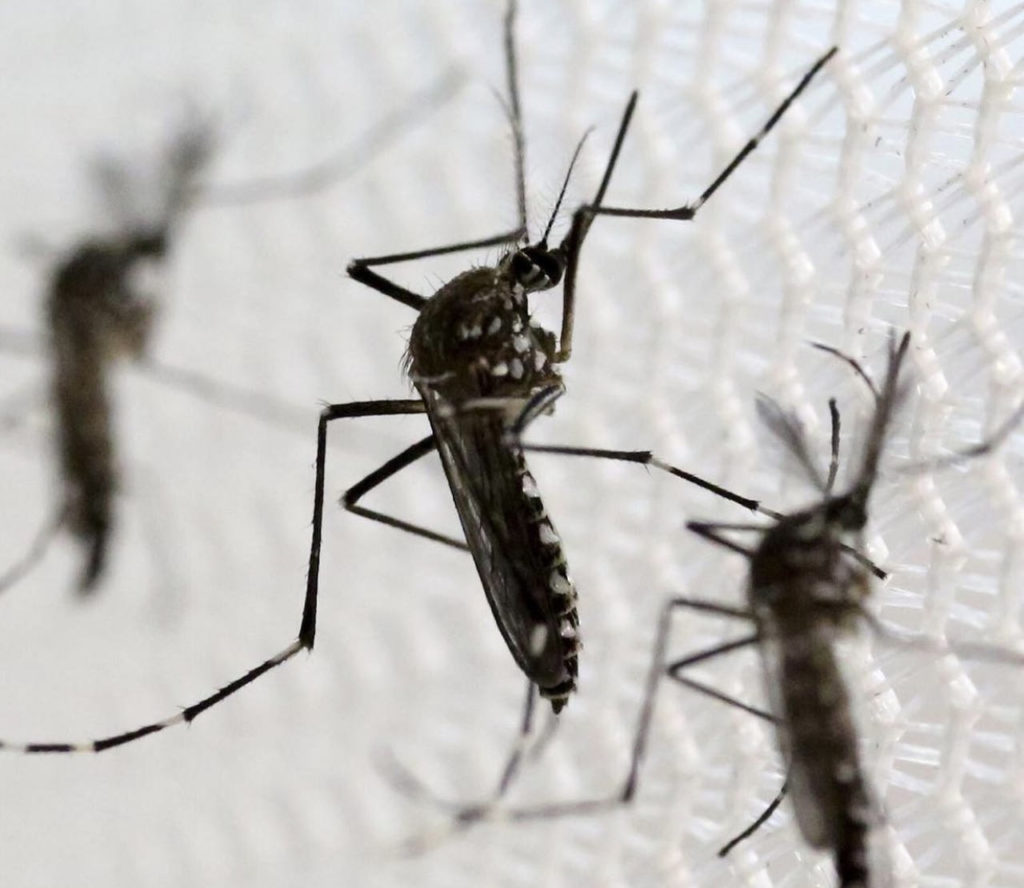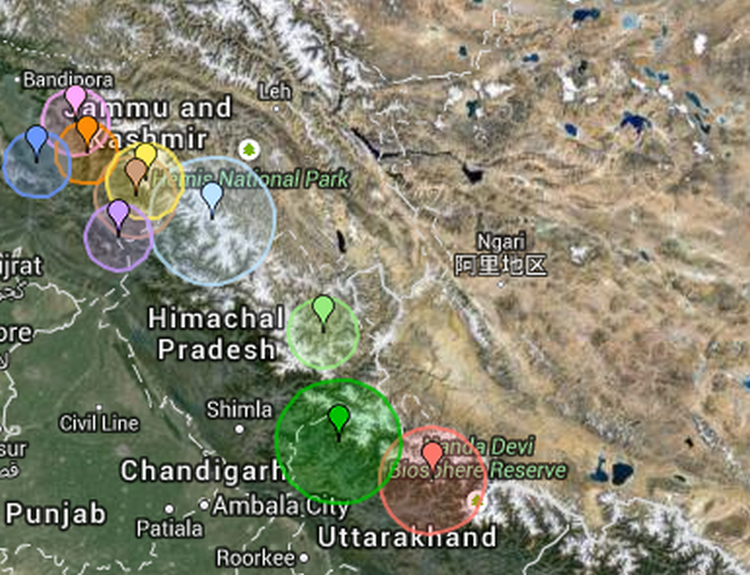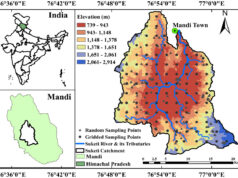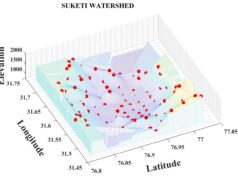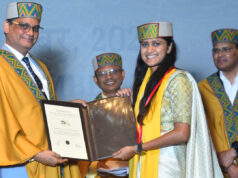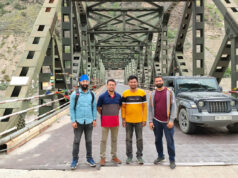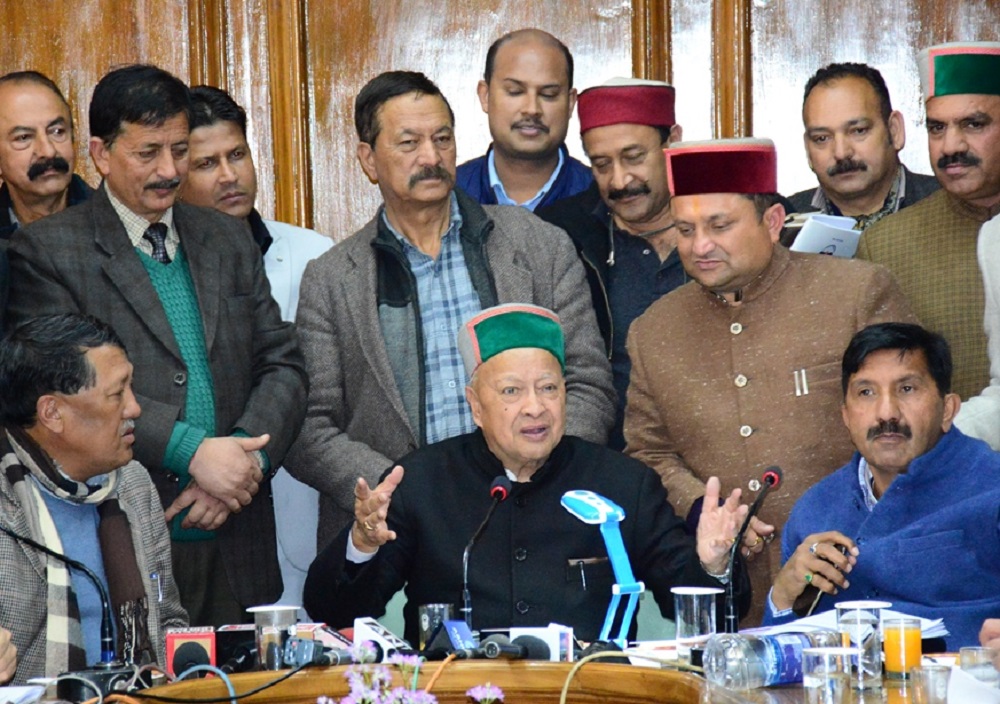Researchers from IIT Mandi and DBT-inStem Unveil the Biochemistry Behind the Resilience of Dengue Mosquito Eggs
In a pioneering collaborative effort between the Indian Institute of Technology Mandi and the Institute for Stem Cell Science and Regenerative Medicine (DBT-inStem) in Bengaluru, scientists have unravelled the remarkable biochemistry that empowers Dengue mosquito eggs to endure adverse conditions and bounce back to life when suitable environments return.
This discovery marks a significant milestone in the ongoing battle against mosquito-borne diseases, offering hope for more effective vector control measures and a potential revolution in agriculture pest management. The details of this research have been published in the renowned scientific journal PLOS Biology, co-authored by Dr. Baskar Bakthavachalu, Assistant Professor at the School of Biosciences and Bioengineering, IIT Mandi, along with Ms. Anjana Prasad, Ms. Sreesa Sreedharan, and Dr. Sunil Laxman from DBT-inStem.
Mosquitoes, notorious vectors for various diseases, lay their eggs in water, where they hatch and develop. The eggs of Dengue and Zika-carrying Aedes mosquitoes exhibit an extraordinary ability to endure extended periods without water, akin to plant seeds patiently awaiting moisture to initiate germination. Despite the long-standing knowledge of this phenomenon, the specific molecular mechanisms responsible for desiccation tolerance and post-rehydration survival remained a mystery until now.
The collaborative research team undertook a series of innovative experiments, carefully rearing Aedes aegypti mosquitoes and studying their eggs. By subjecting these eggs to dehydration and subsequent rehydration, they unearthed the metabolic adaptations vital for survival.
Dr. Baskar Bakthavachalu, the lead researcher from IIT Mandi, elaborated, “Life fundamentally depends on water, but extreme environmental conditions have compelled organisms to evolve unique strategies to survive without it. Each organism has its own distinctive way of overcoming water loss. Our understanding of this fundamental process has been limited. When mosquito eggs face dehydration, they undergo an altered metabolic state, significantly increasing the production of polyamines, which play a crucial role in enabling the embryos to withstand the damage caused by water loss. Furthermore, they rely on high-calorie lipids as an energy source to complete their development once rehydrated.”
The implications of this groundbreaking research are extensive. Understanding these survival mechanisms provides a foundation for innovative mosquito control strategies. By disrupting the desiccation tolerance of mosquito eggs, researchers anticipate a substantial reduction in mosquito populations and, consequently, in disease transmission. This newfound knowledge could potentially prevent the resurgence of mosquitoes following monsoon rains, a period traditionally associated with heightened disease transmission risks.
Moreover, the knowledge gleaned from this research extends beyond disease control. Similar biochemical pathways have been identified in agricultural insect pests, offering the potential for eco-friendly, precisely targeted pest control measures. This opens up new possibilities for sustainable agricultural practices.
In conclusion, as unveiled by this collaborative research effort, the incredible journey from dehydration to rejuvenation offers a glimmer of hope in the fight against mosquito-borne diseases. It promises innovative solutions to public health and agriculture-related challenges.


